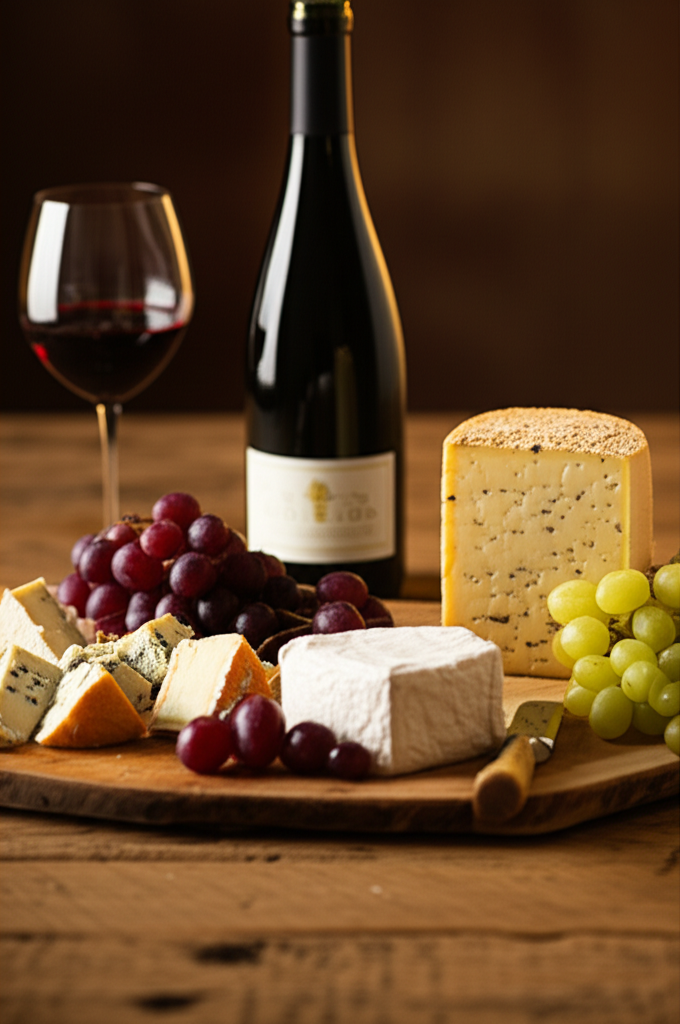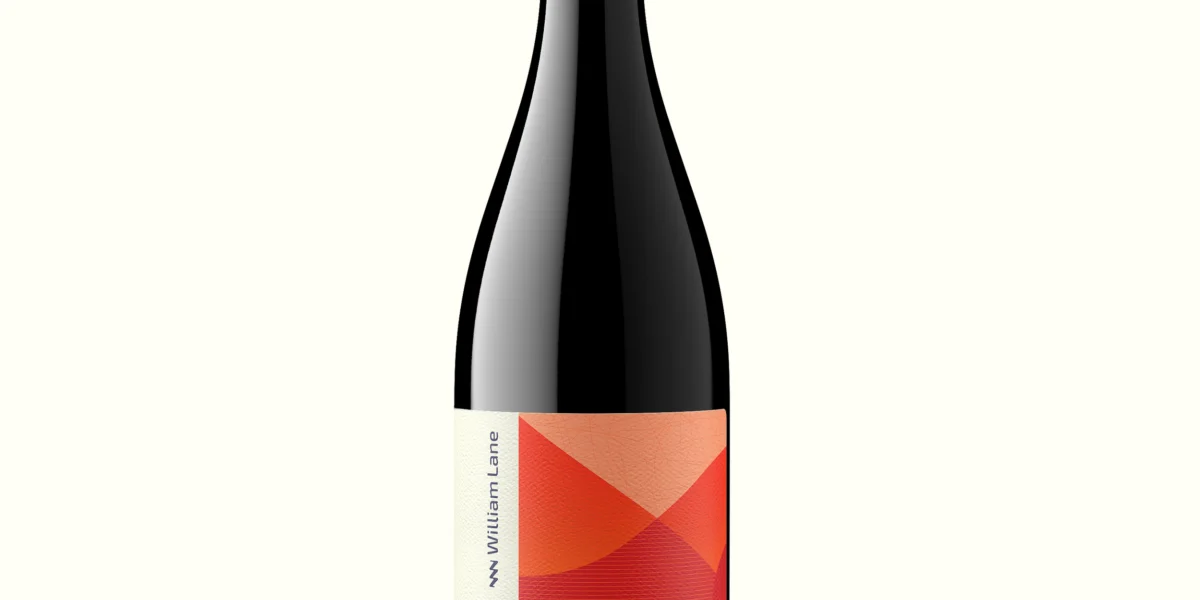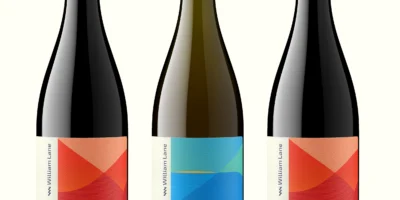
Building a cheese platter is easy. Picking wines that work with the whole thing—that’s where people overthink it.
The Problem
You’ve got three to five different cheeses on a board. They have different textures, different intensities, different flavor profiles. What single wine works with all of them?
Trick question. You don’t need a single wine. You need versatile wines, or multiple options.
My Go-To Combination
One bottle of sparkling, one bottle of light red. That’s it. Covers everything.
The sparkling wine (Champagne, Crémant, Cava, whatever you like) handles soft cheeses and acts as a palate cleanser. The light red (Pinot Noir, Gamay, Barbera) handles the hard cheeses and anything richer.
People naturally gravitate toward what works. You don’t need to explain pairings—they figure it out.
Single-Bottle Solutions
If you really want one wine:
Champagne or good sparkling. Works with almost everything except blue cheese. The acidity and bubbles cut through cream, complement salt, refresh after rich bites. This is my actual choice when I’m lazy.
Côtes du Rhône (red). Medium body, not too tannic, fruit-forward but not sweet. Handles soft and hard cheeses, doesn’t fight with much. Crowd-pleaser.
Dry rosé. Underrated cheese wine. Has enough body for hard cheeses, enough freshness for soft ones. People don’t expect it to work as well as it does.
What to Avoid
Big tannic reds unless your platter is all aged hard cheeses. A bold Cabernet with Brie is a disaster.
Very oaky Chardonnay. The butter and vanilla compete with creamy cheeses instead of complementing them. It’s too much of the same thing.
Super-sweet wines unless you have blue cheese. Dessert wine with Gruyère is confusing, not pleasant.
Building the Platter to Match
You can also work backwards: if you know what wine you’re serving, pick cheeses that complement it.
Serving Sancerre? Focus on goat cheeses and fresh mozzarella. Serving Barolo? Load up on aged hard cheeses, Parmigiano, maybe some aged Gouda.
Serving random bottles people brought? Put out a variety of cheeses and let chaos reign. It usually works out.
The Honest Truth
Most wine and cheese combinations are at least okay. The truly bad pairings are rare. If you have good cheese and drinkable wine, you’ll have a good time. Stop worrying and start eating.



